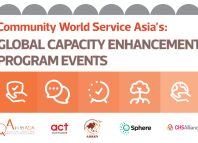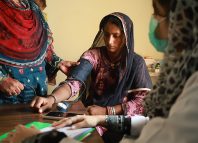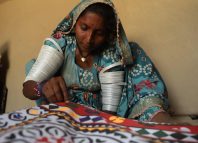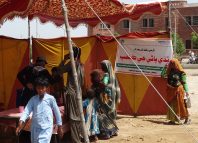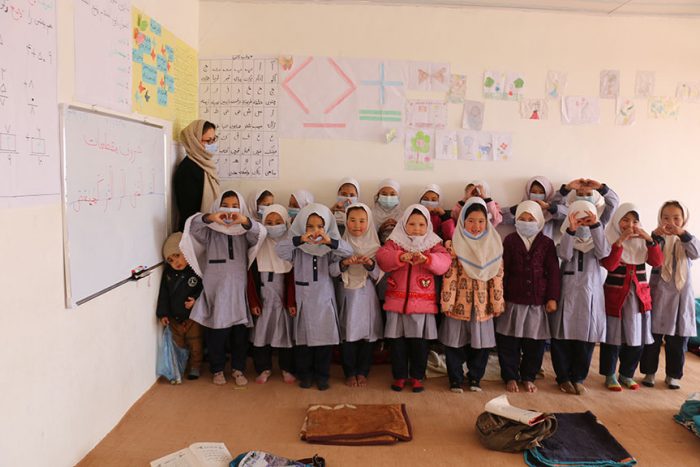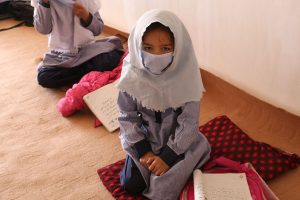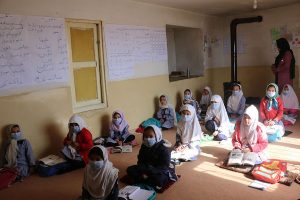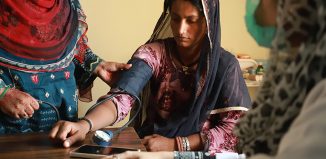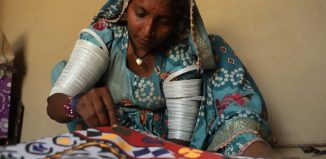Community-Based Schools bring Education closer to children living in remote Afghanistan
Cultural norms and access issues to schools have remained a key barrier to girls’ education in most parts of Afghanistan. To address these barriers to essential human rights, such as education, the Government of Afghanistan recently introduced Community-Based Schools (CBS) in many rural districts of its provinces. A subsequent policy around this has also been released which stipulates that a CBS must be built in all rural areas where there are no schools present within a three-kilometer radius.
Community-Based Schools are ensuring improved access to quality education for children, especially girls, living in rural and remote regions of the country. Many young children in Afghanistan would need to walk for an average of thirty minutes one way to reach schools. This affected their health and had a huge impact on the enrollment level, dropout rates and absenteeism at local schools. Community-Based Schools have now brought education closer to homes for thousands of underprivileged children in Afghanistan.
Community World Service Asia and Act for Peace are together supporting Community Based schools in Laghman and Bamyan provinces of Afghanistan, under their Education programs. The CBS supported under the project provides access to quality education for eighty girls living in remote villages of the provinces. In these areas there are no schools within a six kilometer radius and most girls were attending a Madrassa[1] to attain some degree of education. The CBS has created a forum for these young girls to learn, share and fulfill their aspirations of being educated and envisioning a better future for themselves.
[1] A school where people go to learn about the religion of Islam

